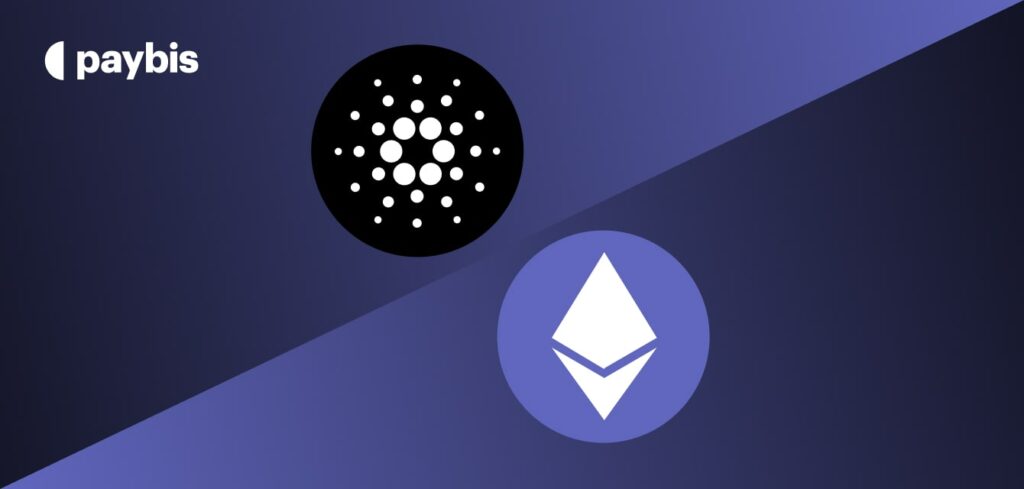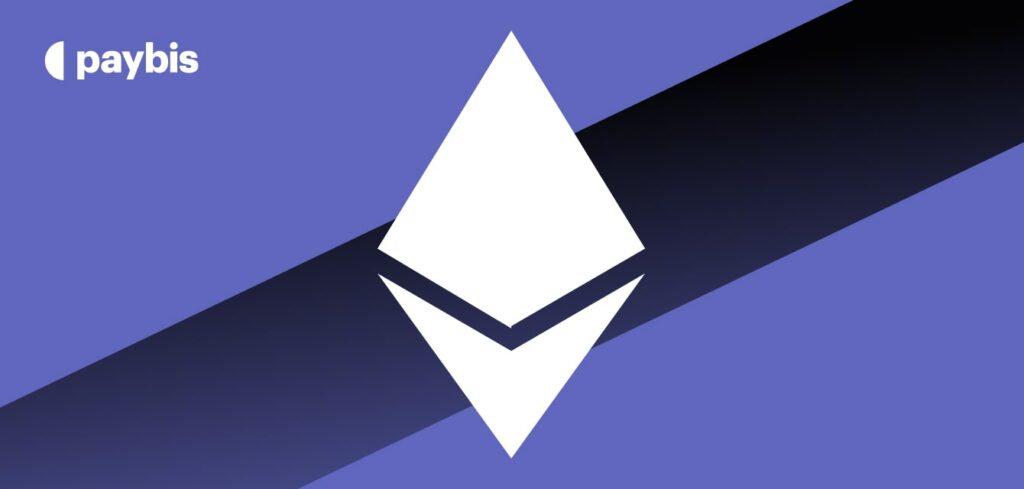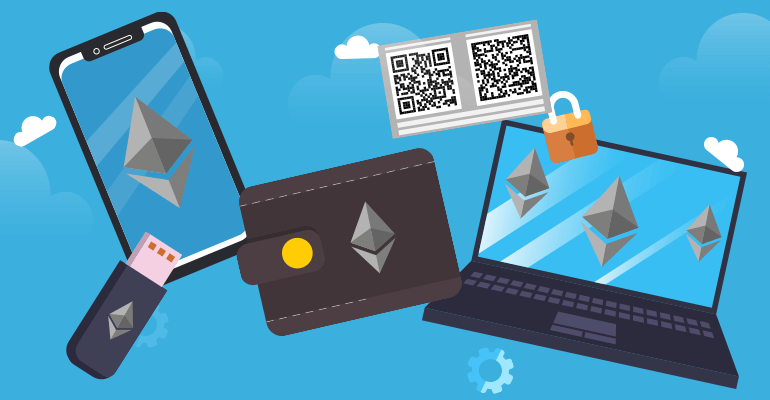ZK-Rollups
ZK-Rollups, or Zero-Knowledge Rollups, are a Layer 2 scaling solution for Ethereum that increases transaction throughput by bundling multiple transactions into a single batch, processing them off-chain, and then submitting a succinct cryptographic proof (zk-SNARK) to the Ethereum mainnet. This proof ensures the validity of the transactions without requiring all the data to be stored on-chain, reducing gas fees and improving network efficiency.
Table of contents
What are ZK-Rollups?
ZK-Rollups, or Zero-Knowledge Rollups, are a Layer 2 scaling solution designed to increase Ethereum’s transaction throughput by moving the bulk of computation and data storage off-chain while ensuring security through cryptographic proofs.
Rollups Overview
Rollups are a family of solutions that aggregate multiple transactions into a single batch or “rollup” and then submit a compressed version of this batch to the Ethereum mainnet. This process reduces the amount of data that needs to be processed and stored on-chain, thereby lowering gas fees and improving transaction speeds.
Zero-Knowledge Proofs
ZK-Rollups use a specific type of cryptographic proof known as a zero-knowledge proof. This proof allows one party (the prover) to demonstrate to another party (the verifier) that a statement is true without revealing any information beyond the validity of the statement itself.
This ensures both privacy and efficiency, as transaction details are kept confidential while still being verified for accuracy. The rollup operator only needs to submit the proof to the Ethereum network, significantly reducing the amount of on-chain data and improving scalability without compromising security
In the context of ZK-Rollups, zero-knowledge proofs are used to verify the correctness of off-chain transactions before they are committed to the Ethereum blockchain.
How ZK-Rollups Work
The operation of ZK-Rollups can be broken down into several key steps:
- Transaction Bundling: A ZK-Rollup gathers a large number of transactions and bundles them into a single batch. These transactions are processed off-chain by a ZK-Rollup operator, who is responsible for executing them and generating the corresponding zero-knowledge proof.
- Proof Generation: The operator then generates a succinct cryptographic proof, called a zk-SNARK (Zero-Knowledge Succinct Non-Interactive Argument of Knowledge), which attests to the validity of the entire batch of transactions.
- On-Chain Commitment: The zk-SNARK is submitted to the Ethereum mainnet, along with a compressed version of the transaction data (such as state changes).
- Data Availability: Although the transactions are executed off-chain, ZK-Rollups ensure data availability by storing a minimal amount of data on-chain. This allows anyone to reconstruct the state and verify the transactions if needed.
What are Some Benefits of ZK-Rollups?
ZK-Rollups offer several significant advantages, particularly in terms of scalability, security, and efficiency:
- Scalability: By offloading transaction execution and data storage to Layer 2, ZK-Rollups can increase Ethereum’s transaction throughput by thousands of transactions per second, compared to Ethereum’s current capacity of around 15 transactions per second.
- Lower Costs: Since only a small amount of data and cryptographic proof are submitted to the Ethereum mainnet, gas fees for transactions on ZK-Rollups are significantly lower than those on the mainnet.
- Security: ZK-Rollups inherit the security of the Ethereum mainnet by leveraging its consensus mechanism and cryptographic guarantees. The use of zero-knowledge proofs ensures that all transactions are valid, providing a high level of security and trustlessness.
- Instant Finality: Transactions processed through ZK-Rollups achieve near-instant finality. Once a zk-SNARK is verified on-chain, the underlying transactions are considered finalized, reducing the risk of chain reorganization and double-spending attacks.
Challenges and Limitations Facing ZK-Rollups
While ZK-Rollups are a powerful scaling solution, they do come with certain challenges and limitations:
- Complexity: The technology behind ZK-Rollups, particularly zero-knowledge proofs, is complex and requires specialized knowledge to implement and maintain. This complexity can slow down development and increase the likelihood of bugs or vulnerabilities.
- Data Availability: Although ZK-Rollups store minimal data on-chain, ensuring data availability remains a challenge. If data is lost or becomes inaccessible, it can be difficult to reconstruct the state or verify the validity of past transactions.
- Proof Generation Time: Generating zk-SNARKs, the cryptographic proofs used in ZK-Rollups, can be computationally intensive and time-consuming. While the verification process is quick, the initial proof generation can introduce latency, particularly for large batches of transactions.
- Interoperability: Integrating ZK-Rollups with other Layer 2 solutions or cross-chain systems can be challenging due to differences in design and underlying technologies. Ensuring seamless interoperability is an ongoing area of research and development.
Conclusion
ZK-Rollups represent a groundbreaking solution for scaling Ethereum, combining the power of zero-knowledge proofs with the efficiency of rollups to significantly increase transaction throughput while maintaining security.
Browse the Paybis Glossary to master more Web3 lingo!
Alternatively, explore related terms and articles below.
Disclaimer: Don’t invest unless you’re prepared to lose all the money you invest. This is a high‑risk investment and you should not expect to be protected if something goes wrong. Take 2 mins to learn more at: https://go.payb.is/FCA-Info


